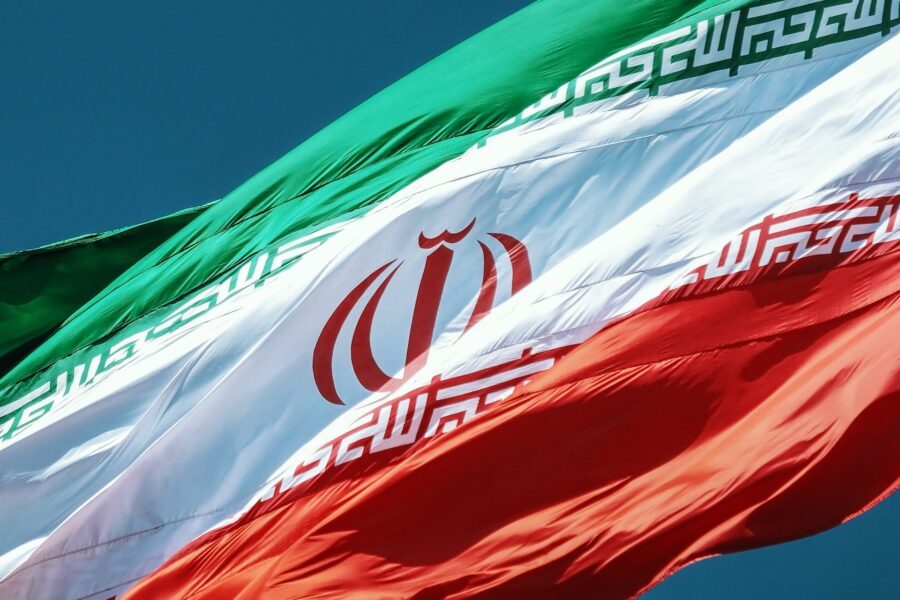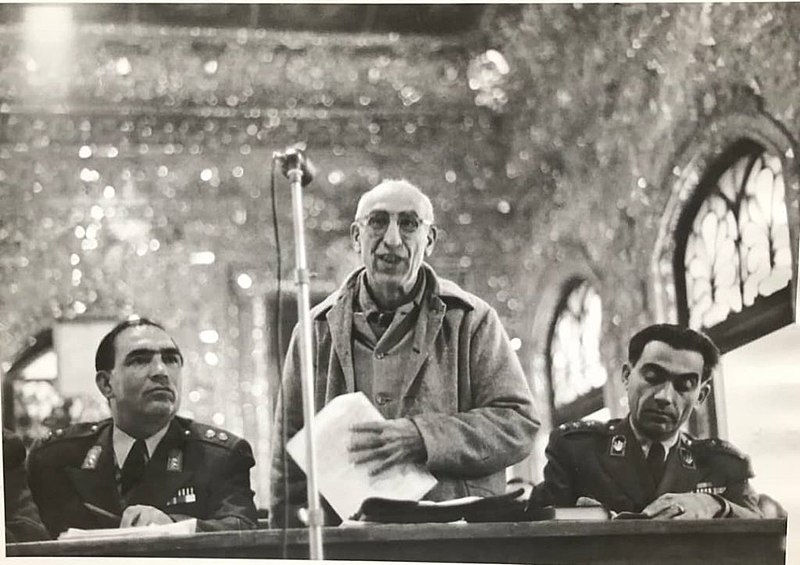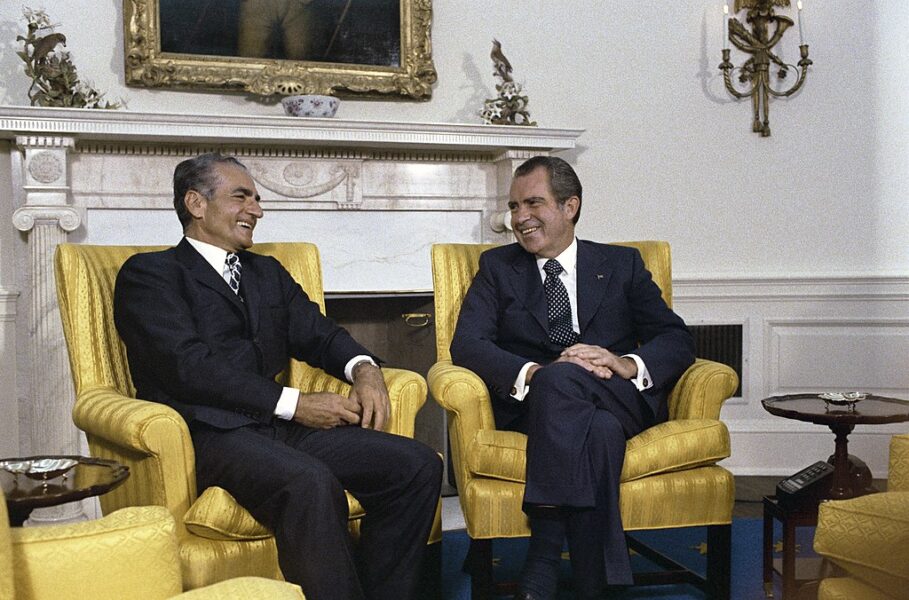
Indisputably, Iran today is not a free country. It may hold regular elections for its President, but an unelected council of clerics disqualifies candidates they deem to be ‘insufficiently loyal’. In any case, the role of President is largely symbolic. The unelected Ayatollah Ali Khamenei directly controls many of Iran’s national institutions including the judiciary and state broadcast media, and has the final say in all policy matters.
This is not to mention the country’s dismal human rights record. Last year a 22 year old Kurdish woman was beaten to death by Iran’s so called ‘morality police’, allegedly for not wearing her hijab correctly. The brutal police crackdown of the subsequent protests led to the deaths of nearly 500 people, and the arrests of 14,000, including journalists, activists and athletes who voiced support for the movement. There were numerous reports of the torture and rape of detained protestors.
All things considered, the country has been awarded a 12/100 freedom rating on Freedom House.
The US and the UK, self-proclaimed beacons of liberal democracy, rightly criticise and condemn Iran for its repressive system. A 2020 statement from the US government on its position towards Iran notes how throughout the 20th and 21st century, Iran ‘has struggled to reach democracy’, (an ironic proclamation as I will explain later) and goes on to state that the US ‘supports the Iranian people’s struggle for human rights, democracy and freedom.’ The UK holds a similar position. All very admirable.
What both the US and the UK would rather you forget is that Iran’s current political situation is largely the result of a greedy, imperialist act of illegal foreign policy they carried out in 1953, one that many feel killed Iranian democracy in the crib. This is Operation Ajax.
To understand the story of Operation Ajax, we must rewind to 1951, when Iran was in fact a proper democracy, albeit a relatively young and unstable one. A freely elected Prime Minister and his Parliament had control of the country, the public did not live in fear, and the Shah (monarch) took a largely hands-off role in government. It was not perfect, but it was democracy.
In 1951, the elected Prime Minister was Mohammed Mossadegh, a hugely popular figure who had been elected on a mandate of taking back control of Iran’s vast oil reserves, which at that point were effectively monopolised by the Anglo-Iranian Oil Company (AIOC). AIOC, the company that would go on to be known as BP, was predominantly owned by the British government, and, along with US companies, extracted vast amounts of wealth from Iran’s natural resources, while millions of Iranians suffered in abject poverty.
Unsurprisingly, this had fostered significant resentment, and Mossadegh became a national hero when he and his Parliament decided to nationalise Iran’s oil reserves in March 1951, expelling foreign corporate representatives from the country and seizing control of the refineries.

Britain was furious at this abrupt end to a massive revenue stream, and instigated a worldwide boycott on Iranian oil in an attempt to pressure Mossadegh into nothing less than a full reversal of the nationalisation decision. When it the embargo and negotiations failed to change Mossadegh’s mind, British Intelligence began drawing up plans for removing Mossadegh via a sponsored coup.
Unwilling to shoulder the responsibility for such a dangerous operation alone, Britain appealed to the US for assistance. Recently released documents show British efforts in 1952 to convince President Truman to lend his support, with diplomats emphasising to US officials the links between Mossadegh and Tudeh (the Iranian communist party), in an attempt to capitalise on Cold War fervour. President Truman rebuffed the British appeals, as he deemed the operation too risky and preferred the route of continued negotiations. Truman also worried about the precedent that would be set for future administrations by allowing the CIA to attempt a full-blown, covert regime change in a foreign land. As it happens, his concern would go on to be vindicated in Guatemala 1954, the Congo in 1960, Cuba in 1961, South Vietnam in 1963, Chile in 1973 and Nicaragua in 1980.
Truman may have bristled at the idea of the coup, but his successor did not. In a clear example of how personalities can change history, when the ex-military Republican and ardent Cold Warrior Dwight Eisenhower was elected in January 1953, he not only approved CIA involvement in the coup, but for the Americans to take the lead of the operation. It was given the name, ‘Operation Ajax’.
After months of planning, in August 1953 forces supported and sponsored by the CIA and MI6 successfully toppled Mossadegh, and consolidated power under the Western-friendly Shah Pahlavi. Pahlavi, effectively a puppet ruler, immediately overturned Mossadegh’s nationalisation and restarted the flow of both oil and money westwards.
Over the next 26 years, Pahlavi’s regime, backed all the way by the West, would become increasingly brutal and authoritarian. Via his notorious secret police known as the Savak, Pahlavi routinely arrested, tortured and even executed political opponents. Corruption in his government was rife.
The Iranian people could not square what they were experiencing with images and news coming from the West. The UK, and the US especially, proclaimed themselves to be champions of liberal democracy and human rights. Yet here were the pictures of the Shah smiling alongside the UK Prime Minister and the US President, while in the Iranian cells political opponents were being raped and whipped, among other alleged torture methods too horrendous to include in this article. This fostered radical resentment against the Shah and the West, which boiled over with the Islamic Revolution of 1979.

It was the 1979 Revolution that brought to power the regime that still rules Iran today. The regime that murders its own people for minor indiscretions. The regime that is, against international treaties, secretly developing nuclear capability. The regime that is now reportedly funnelling arms and money not just to Russia, but to Hamas.
There is no way to be sure that Iranian democracy would have bedded in and flourished without the 1953 intervention, but we can be sure that the UK and the US buried any possibility. However unstable Iran’s political system was in the months prior to the coup, it was the most democratic the country had ever been before and has ever been since.
For the West to continually call for Iran to democratise without acknowledging its own role in harming the process is hypocrisy at its most rank, and will only fuel further anti-Western sentiment amongst the Iranian people. The CIA at least officially admitted to their role in the coup back in 2013, and in October this year acknowledged that it was ’undemocratic’. However, despite British involvement being an open secret, there has never been a formal acknowledgement of the role we played. It’s time that changed.


